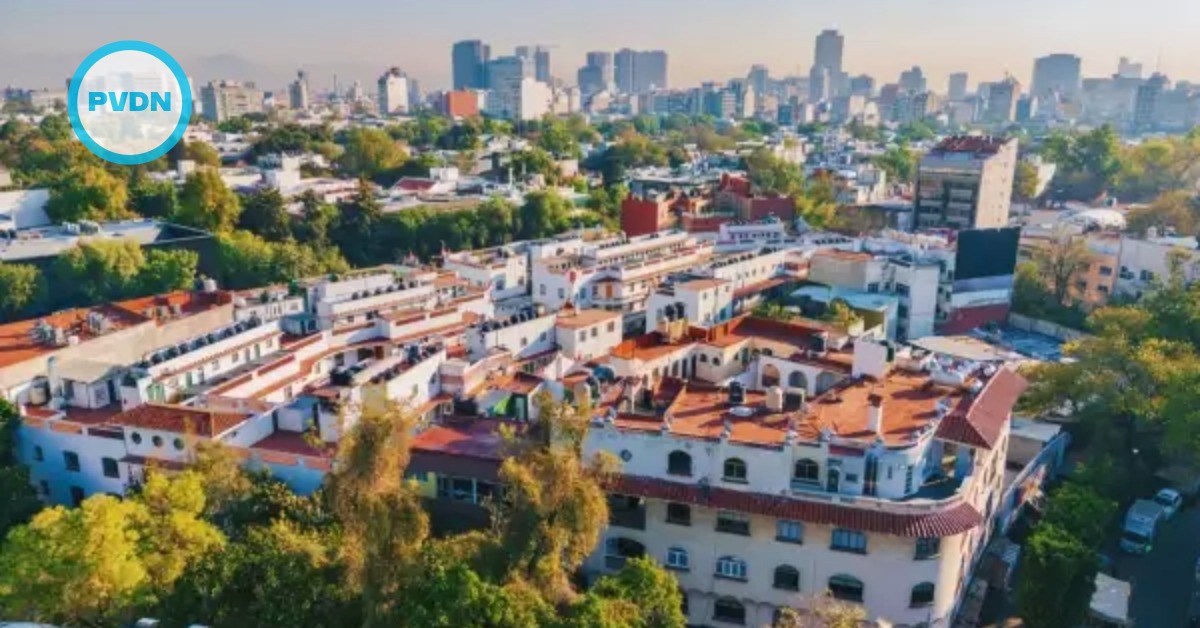Here we go again: another Facebook controversy, yet again violating our sense of privacy by letting others harvest our personal information. This flareup is a big one to be sure, leading some people to delete Facebook altogether, but the company and most of its over 2 billion users will reconcile. The vast majority will return to Facebook, just like they did






